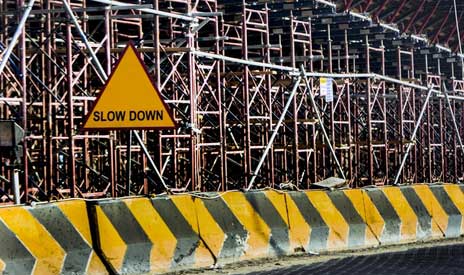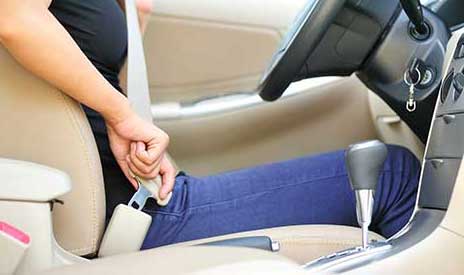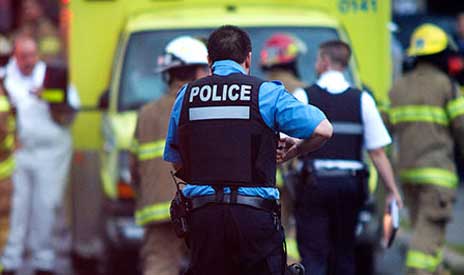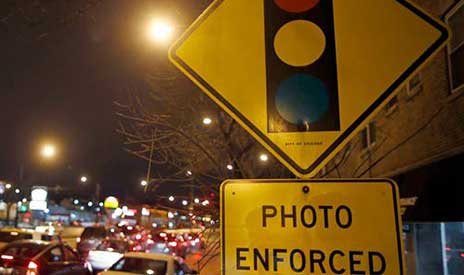A Potential Link Between Head Injuries and Dementia
Dementia – the decline in mental ability that interferes with daily life – is an incurable condition. Types of dementia include Alzheimer’s disease, Parkinson’s disease, and vascular dementia, which occurs in some people following a stroke.
Doctors and scientists have identified factors that may increase the risk of dementia in elderly people, but they haven’t yet determined how to halt the progression of the disease. New research, however, has revealed a possible factor in dementia that might respond to treatment.
Understanding the Brain’s Immune System
Researchers at the University of Maryland School of Medicine, in Baltimore, discovered that tiny particles in the brain trigger inflammation and may raise the risk of dementia. Microglia, the immune system cells that protect the brain, release microparticles when they attack a threat, such as an injury or infection. As explained in New Scientist magazine, those microparticles – which are found in the spinal fluid of people with traumatic brain injury – spread inflammation beyond the site of injury.
Dr. James M. Ellison, of Christiana Care Health System’s Swank Memory Center, calls microglia “microscopic guard dogs” that sometimes damage healthy brain cells when they attack a threat. In people with Alzheimer’s, amyloid normally found in the body builds up and “sticks” to brain cells. When the microglia try to eradicate those amyloid plaques, they emit inflammatory chemicals that can injure nearby brain cells.
Inflammation has been associated with brain degeneration and worsening of Alzheimer’s for years, Ellison says. But the University of Maryland research was the first to show how inflammation spreads. The research team found that injecting microparticles into healthy mice induced brain inflammation, and one team member found that a compound called PEG-TB could be used to neutralize the microparticles and stop the spread of inflammation.
Implications for TBI Patients
The discovery of microparticles’ role in spreading inflammation is a step toward finding a way to halt the progression of dementia. But for people with TBI, the new research may be cause for concern.
Prognosis and recovery for TBI patients varies considerably, based on the region of the brain affected, the nature of the injury, and the overall health of the individual. Generally, however, it takes at least six months for someone with a TBI to show signs of improvement, and the most rapid gains in improvement occur within the first two years. Some people with TBI may have lingering effects from their injury. The University of Maryland research suggests people with TBI, even if they recover fully from their injury, may have a higher risk of dementia.
Rehabilitation and the Family’s Role
People with TBI cannot recover on their own. Often, their family members become their caregivers, helping them with the tasks of everyday living. It can be a difficult time for the entire family, because people recovering from TBI may have unpredictable and inappropriate emotional responses. They may also seem different than they used to be, exhibiting changes in their personality. The Brain Injury Association of America says, “No family is ever prepared to comprehend the full magnitude of the life changes the injury creates.”
TBI isn’t just a head injury. It is life-altering event – for the victim and for the victim’s family.
Family members may need professional counseling to help them cope with the stress of their loved one’s injury and recovery. Later in life, if the TBI results in dementia, a family may have no choice but to put their loved one in a residential care facility.
Preventable Accidents
According to the National Institutes of Health, some of the main causes of TBI are motor vehicle crashes, falls, and sports and recreational activities. About half of TBIs involve alcohol use. And many TBIs are preventable.
Accidents often occur because of carelessness or negligence. A store manager who sees a spill on the floor but doesn’t mop it up or warn customers of its presence puts people at risk of slipping and falling. A driver under the influence of alcohol endangers pedestrians and other motorists. A youth football coach who doesn’t care about player safety may put children at risk of concussion.
When someone’s actions or inactions cause a TBI in another person, they should be held accountable. Families may be able to pursue compensation for their medical costs, lost wages, and pain and suffering. If someone in your immediate family has suffered a TBI, call the office of Bley & Evans at 573-443-8385, or fill out our contact form, to request your free, no-obligation consultation.















